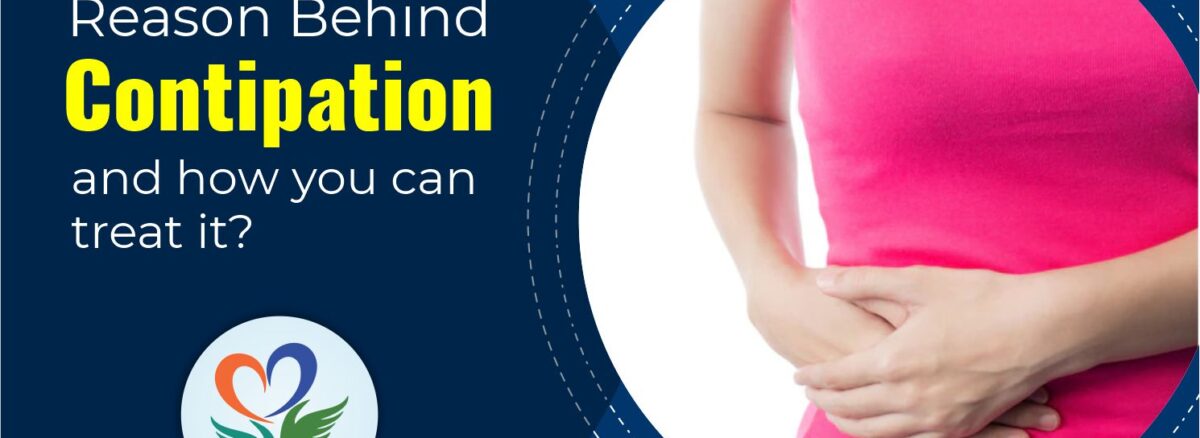Constipation occurs when a person has struggling to empty the large bowel. Home remedies and some changes in lifestyle can often help you to resolve it, but sometimes, in severe situations, you may need medical attention.
Constipation can occur for many reasons, for instance when stool passes through the colon very slowly. Food moves slower to the digestive tract, the more water the colon will soak up.
A person who poops less than 3 times a week may have constipation. Many times, constipation consequence is a blockage in the large intestine. In this situation, you will need urgent medical needs. Many times, it may simply be due to a shortage of fiber or water.
Symptoms
Signs and symptoms of chronic constipation are:
- Passing less than three stools a week
- Lumpy or hard stools
- Fatigue to have bowel movements
- Feeling such as there’s a blockage in your rectum that block bowel movements
- You may feel such as you can’t completely empty the stool from your rectum
- Needing help to vacant your rectum, such as you are using hands to press on your stomach and using a finger to detach stool from your rectum
If you have experienced 2 or more of these symptoms for the last three months, you may have constipation.
Causes
Constipation mostly happens when waste or stool moves very slowly in the digestive tract or cannot be removed correctly from the rectum, which may cause the stool to become stiff and dry.
Blockages in the colon or rectum
Blockages in the colon slow or stop stool movement. Blockage in the colon causes are:
- Small cuts in the skin around the anus
- A blockage in the intestines (bowel obstruction)
- Colon cancer
- Narrowing of the colon (bowel stricture)
- Further abdominal cancer that presses on the colon
- Rectal cancer
- Rectum bulge between the back wall of the vagina (rectocele)
Problems within the nerves and around the colon and rectum
Neurological problems can affect the nerves that cause muscles in the colon and rectum to contract and move stool between the intestines. Causes are:
- Harm to the nerves that control bodily functions
- Multiple sclerosis
- Parkinson’s disease
- Spinal cord injury
- Stroke
Difficulty with the muscles involved in the elimination
Problems with the pelvic muscles complicated in having a bowel movement may cause chronic constipation. These problems are:
- The inability to ease the pelvic muscles to allow for a bowel movement
- Pelvic muscles that don’t coordinate relaxation and contraction accurately(dyssynergia)
- Weakened pelvic muscles
Conditions that affect hormones in the body
Hormones help stabilize fluids in your body. Diseases and conditions that trouble the balance of hormones may lead to constipation, including:
- Diabetes
- Overactive parathyroid gland (hyperparathyroidism)
- Pregnancy
- An underactive thyroid (hypothyroidism)
Risk factors In Constipation
The below factors that may grow your risk of chronic constipation include:
- Being an older adult
- Being a woman
- Being dehydrated
- Eating a diet that’s low in fiber
- Getting little or no physical activity
- Taking certain medications, including sedatives, some antidepressants, opioid pain medications, or medications to lower blood pressure
- People having a mental health condition such as an eating disorder or depression
Complications
Complications of chronic constipation are:
- Swollen veins in your anus (hemorrhoids). Fatigue to have a bowel motion may cause swelling in the veins in and all over your anus.
- Tear skin in your anus (anal fissure). A large or stiff stool can cause small tears in the anus.
- Stool that can’t be expelled (fecal impaction). Chronic constipation may cause an accretion of hardened stool that gets stuck in your intestines.
- Intestine that protrudes from the anus (rectal prolapse). Fatigue to have a bowel motion can cause a less amount of the rectum to stretch and stick out from the anus.
Prevention
These things can help you avoid developing chronic constipation.
- Add plenty of high-fiber foods to your diet, including beans, vegetables, fruits, whole grain cereals, and bran.
- Eat fewer foods with low amounts of fiber such as meat products, and dairy and processed foods.
- Drink plenty of fluids.
- Stay as much as active and try to get regular exercise.
- Try to lower stress.
- Don’t ignore the desire to pass stool.
- Try to manage a regular schedule for bowel movements.


